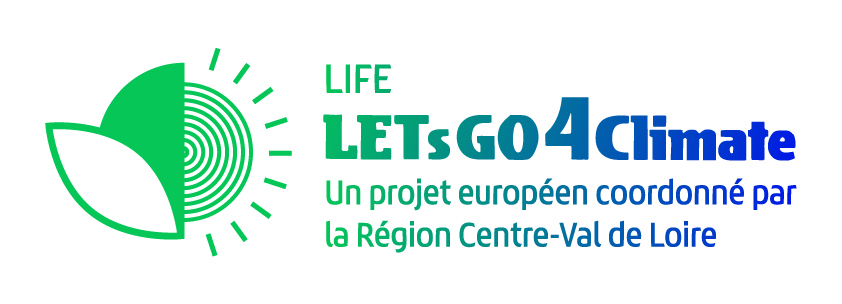Stories
September Success story: citizens teaming up with their municipalities in the energy transition
Community energy is key to action on the climate crisis. It can empower people, boost local economies, and reinvigorate communities. Community-led initiatives play an important part in the transition towards a 100% renewable and just energy future. Success stories of community energy projects can be found all over Europe. At REScoop.eu we want to highlight these stories to further accelerate the movement towards a cleaner and democratic system.
This month we travel to the UK and Germany to showcase how the unique collaboration between energy cooperatives and municipalities can drive the community-owned energy transition at the local level.
*Examples used in this story are based on the stories collected by the LIFE_LETsGO4climate project
Natural allies serving the same stakeholder: citizens
With the publication of the Sustainable Development Goals (SDGs) back in 2015, the United Nations explicitly recognised the role of local authorities in the transition towards a more sustainable future. To empower cities and communities in taking local climate and energy action, the European Commission further launched the Covenant of Mayors, a growing network of over 11.000 local and regional authorities from across 55 countries worldwide. Unfortunately, lack of technical expertise, insufficient budget and public support often stands in the way of a successful implementation of the cities' sustainable energy and climate action plans. And there is exactly where energy cooperatives can come into play.
The Edinburgh City Council supports the creation of a cooperative to invest in rooftop-solar.
In 2015, Edinburgh was lagging behind when it comes to the roll-out of rooftop solar, with many residents living in flats without direct access to their roofs.
In response, a collective of citizens founded the Edinburgh Community Solar Co-operative, which aims to enable citizens to share ownership of solar installations on city buildings and contribute to the development of solar energy in their city. The cooperative approached the Edinburgh City Council with the clear idea of developing solar energy projects on the city's many public buildings. The city council welcomed the initiative. In 2015, with the support of Energy4All and several other organisations, the Edinburgh Community Solar Co-operative launched a fundraising campaign. With £1.4 million of shares purchased by residents, the first projects were funded. In 2016, the first solar installations entered into force, producing more than 1.1 GWh of electricity in the first year.
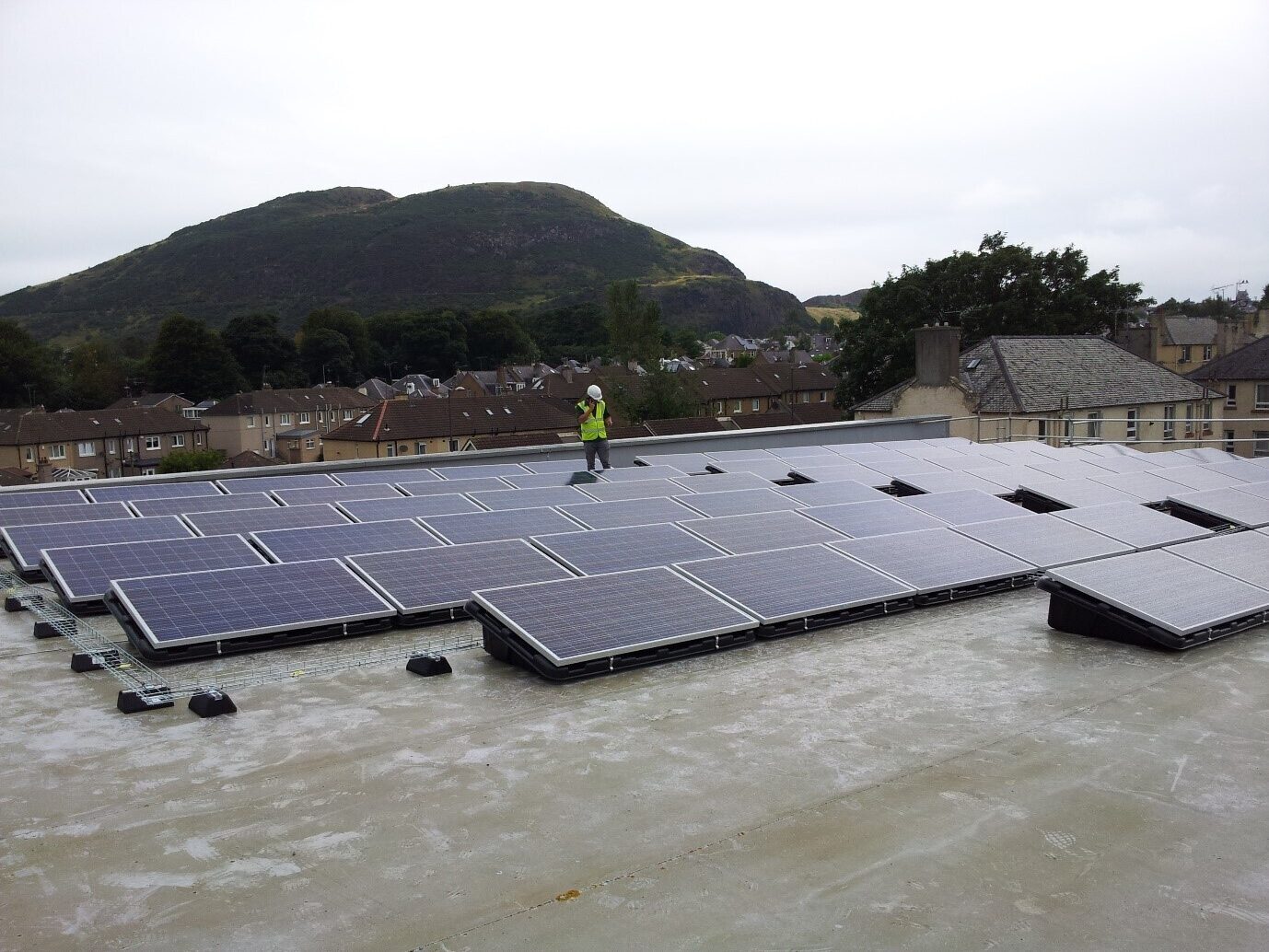
A second share issue was launched in October 2020, raising £660,000. These funds financed the installation of photovoltaic panels on seven new city-owned buildings. Drew Murphy, chairman of the Edinburgh Community Solar Co-operative, highlights the unique nature of this city-cooperative partnership.
"Despite all the challenges of the covid crisis, the good relationship between the citizens' group and the local government led to the success of the second phase of solar installation in 2021. The city council provided a strong foundation for the project, while the cooperative brought citizens together, ready to contribute to Edinburgh's goal of becoming a carbon-neutral city."
Today, the Edinburgh Community Solar Co-operative produces solar power on 30 buildings in Edinburgh and more will follow. Profits go directly to the members and the community through a Community Benefit Fund established in 2018.
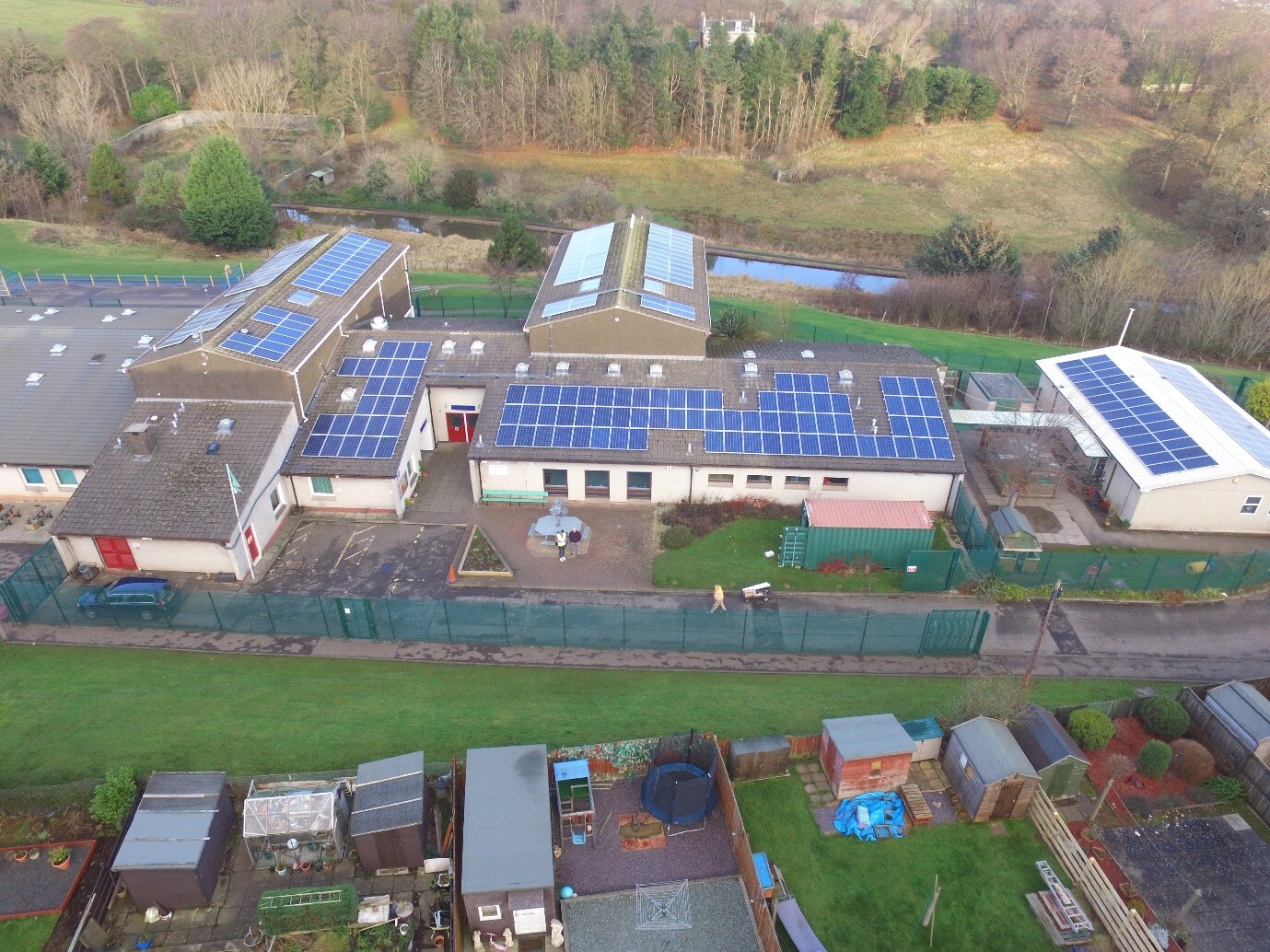
Energieland2050, a German example of how to involve citizens in developing wind projects
In Germany, in the rural district of Steinfurt, in the North Rhine-Westphalia region, the city took the initiative to set up a collaboration with their citizens.
Since 2000, the Renewable Energy Sources Act or EEG has been a set of German laws providing for a feed-in tariff (FIT) scheme to encourage renewable electricity generation.
In the Steinfurt region, this has led to the installation of more than 300 wind turbines producing 34.8% of the area's annual electricity consumption. In comparison, the share of wind power in the German electricity mix was 20.9% in 2019.
The region has been known for the successful expansion of wind power for years. The main reason for this is the clear focus on intensive, participatory citizen participation. In 2017, an alliance of the mayors of all 24 municipalities, the regional energy suppliers and the agricultural association established the association ‘energieland2050’.
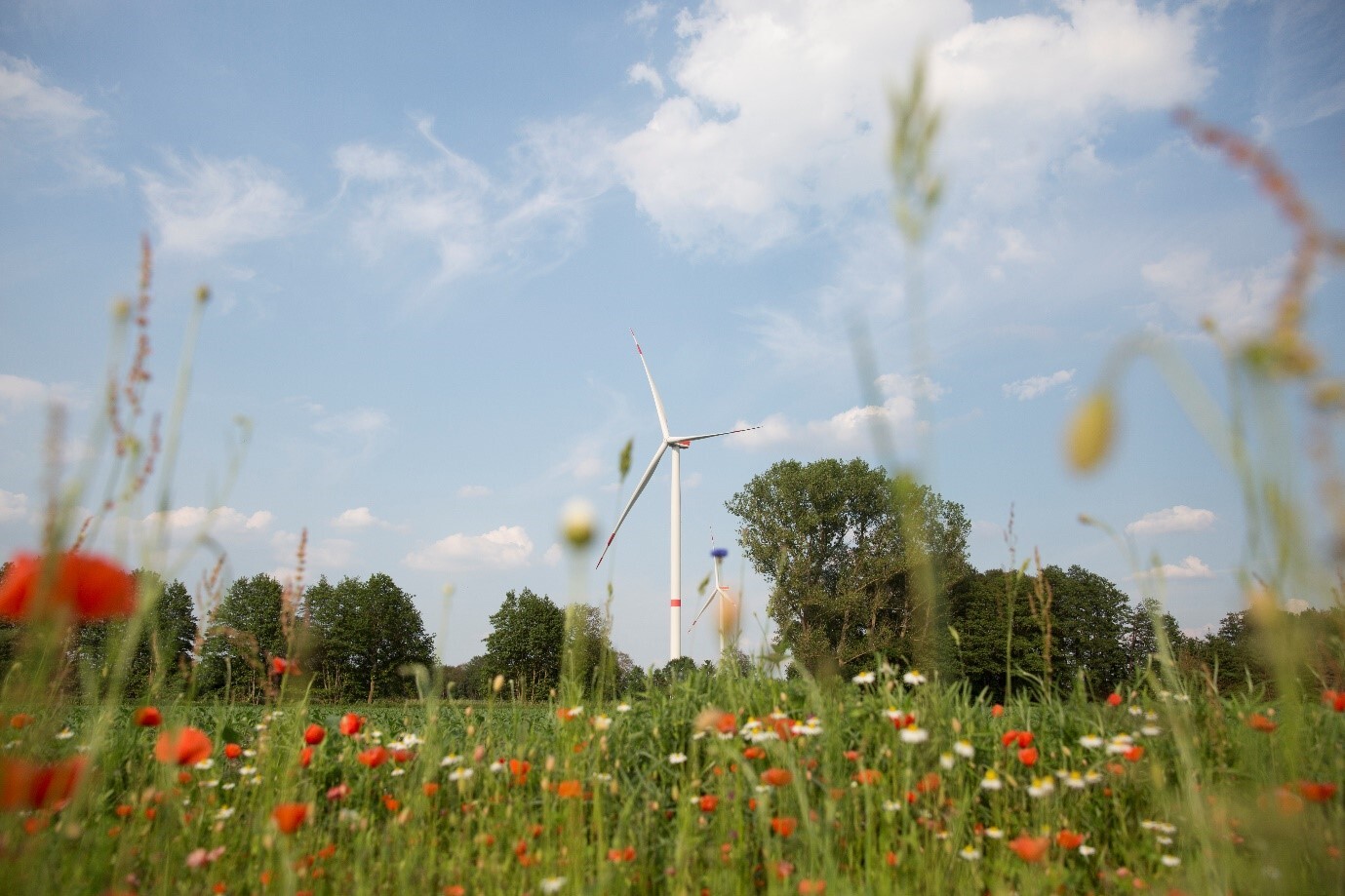
Energieland 2050 has written a wind master plan that analyses potential areas for wind development and formulates clear citizen-wind farm guidelines including the requirement of a minimum of 25% of wind farm shares for local actors (residents or municipalities). Silke Wesselmann, head of the department of climate protection and sustainability, County of Steinfurt motivates this choice.
"The offer for citizens to directly participate financially is at the heart of our Citizens' Energy Guidelines. A regional, decentralised energy supply based on renewables can only be successful if citizens are well informed and can participate directly and genuinely. This makes climate protection actions meaningful".
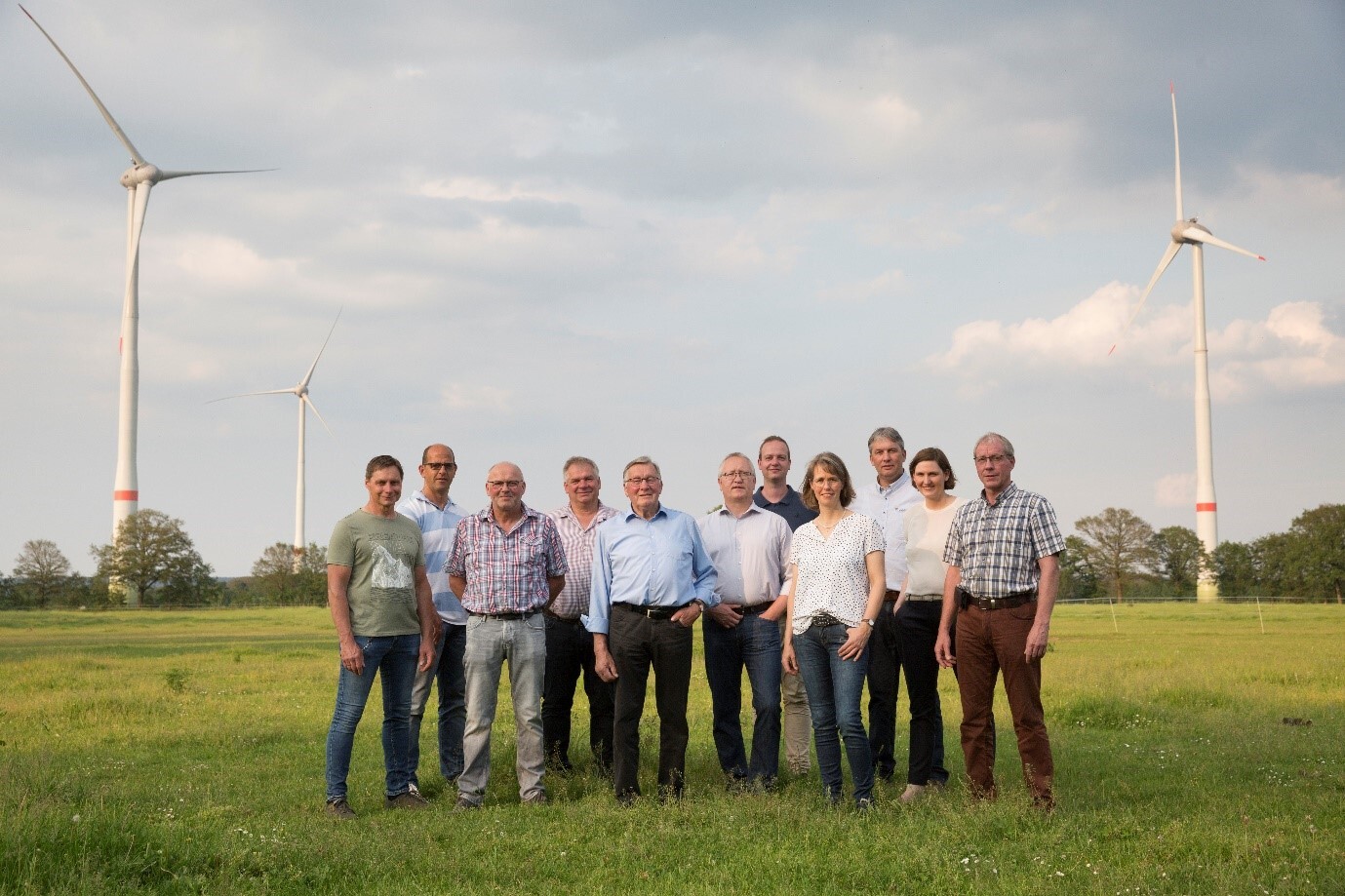
This participatory approach has resulted in 21 citizen-owned - entirely or partially - wind farms with about 150 wind turbines.
A new challenge is to promote the repowering of old installations according to this principle. A citizen energy cooperative is currently being set up, which could be an important anchor for the next phase, while the guidelines are being extended to cover the topics of photovoltaic and citizen energy.
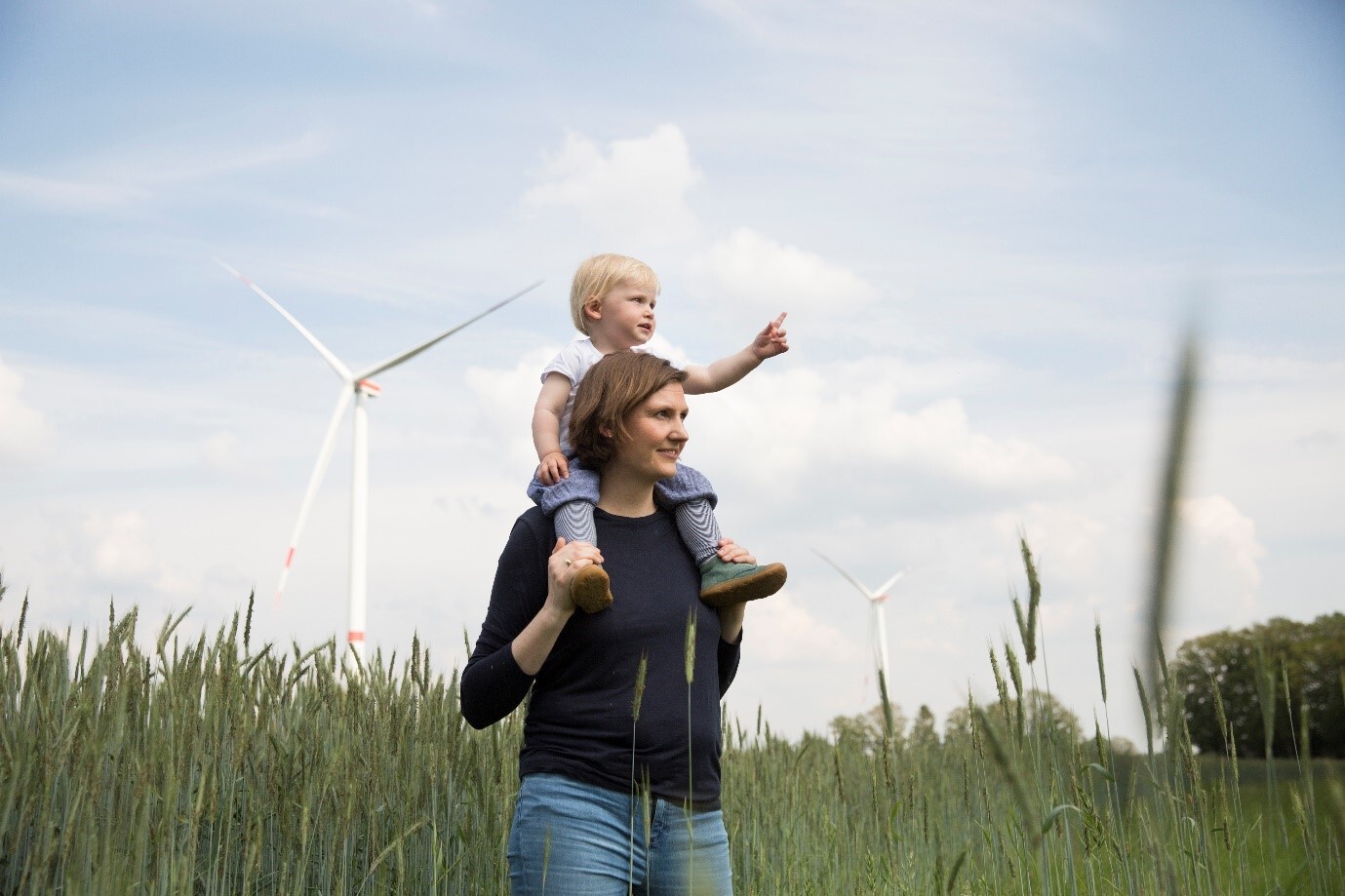
Supporting the development of energy communities at the local level
These examples clearly show the benefits of having partnerships between municipalities and citizen groups to set up and manage clean energy projects. Bottom-up citizen initiatives can go hand-in-hand with the policy objectives of the local authority. These participatory approaches have proven to bring economic, social and environmental benefits to our communities.
About the project
The project LIFE_LETsGO4Climate aims to accelerate the production of renewable energy and to reduce collective and individual energy consumption, by creating citizen collectives which promote the production of renewable energy. The team will also encourage behavioural changes linked to energy consumption by raising citizens’ awareness of energy efficiency and energy sobriety. The project is led by Centre-Val de Loire regional Council and involves eighteen territories where the tools and good practices will be experimented by citizens and local actors.
